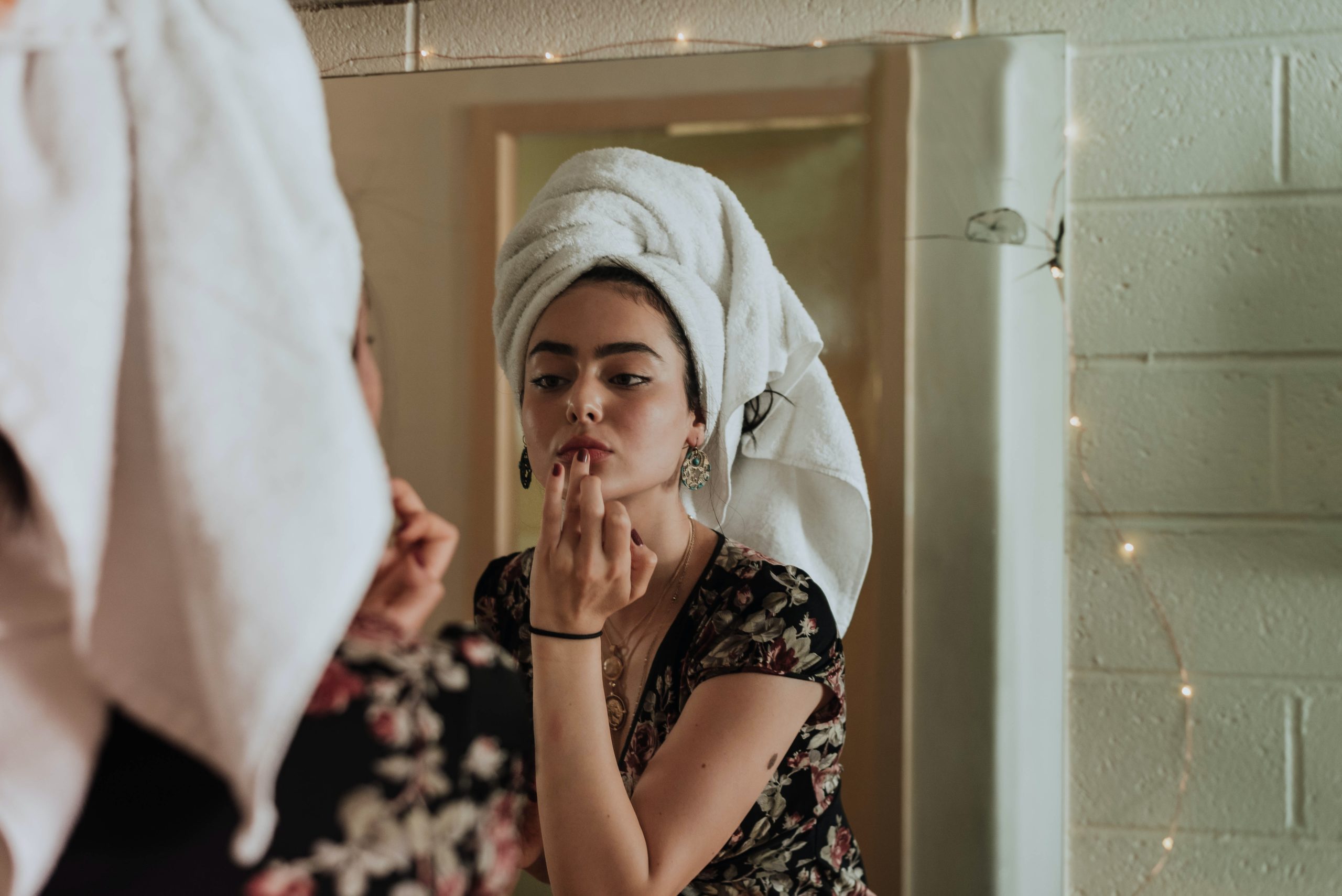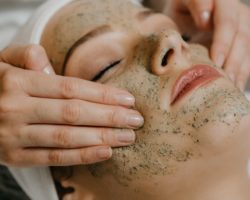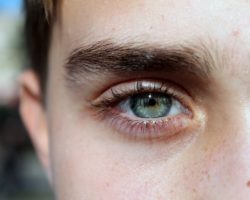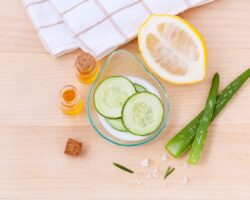If we have problems with our skin, then we immediately run to a dermatologist who gives advice and recommendations on skin care. We thought about how experts who know everything and even more about cosmetics, develop their own skin care, and asked the experts what ingredients in creams and serums they avoid and why.
We are all accustomed to the fact that the faces of cosmetologists look flawless. Professionals in their field playfully operate the most sophisticated beauty machines of the new generation and bring the skin of clients to perfection faster than you have time to view the feed on Instagram.
On duty, experts know everything about the latest anti-age techniques, effective beauty novelties. Not to mention the mass of face and body care secrets accumulated over the years of practice. However, each specialist also has a “black list” of products that you will not find on the shelf in their bathrooms.
We spoke with a dermatologist, cosmetologist and plastic surgeon about which beauty products they themselves never use and why.
These products contain alcohol, oxybenzone and parabens. Having an aggressive effect on the skin, these ingredients can provoke an allergic reaction in the form of a rash and irritation, and also severely dry out the epidermis. A plastic surgeon and cosmetologist uses a cleansing foam. For owners of oily skin, she recommends a gel, and for dry skin, a delicate milk. A dermatologist also opposes alcohol-containing products. She herself first washes her face with water, and then wipes her face with an ice cube.
Cosmetologist Natalia Bout notes that liquid soap often contains refined products, as well as surfactants (surfactants that are harmful to health). Solid soap is also not held in high esteem by an expert, because it contains alkali and vegetable fats, which dry and damage the skin.
A dermatologist is sure that the tonic is an advertised product, but essentially useless. In addition, it most often contains alcohol, which has a negative effect on all skin types, including oily skin. It begins to peel off with the constant use of such cosmetic products. This is facilitated by alcohol, which stimulates increased sebum secretion. For owners of normal and even more dry skin tonics are contraindicated. The expert wipes the face with decoctions of sage or chamomile herbs, successfully replacing the tonic with them, or uses rose water. These products have a beneficial effect on the skin, toning and soothing it.
Doctors-dermatologists and cosmetologists have unanimously abandoned facial scrubs. These cosmetic products can contain rather large particles that disrupt the skin’s hydrolipid barrier. A plastic surgeon and cosmetologist is sure that after this method of cleansing, the face will become even more uneven in a couple of days. According to them, in many European countries, these scrubs have long been banned. To remove dead skin cells, the cosmetologist uses peeling gommage. Typically, it has a gel-like texture and contains fruit or glycolic acids, which have a more gentle exfoliating effect on the skin. A dermatologist also regularly uses light peels containing natural ingredients that dissolve on the skin. Without injuring them, they gently remove keratinized particles.
A cosmetologist agrees with her colleagues and warns that abrasive particles in the scrub can leave microcracks – the real “gateway to infection”. That is why scrubs are contraindicated for owners of skin with acne and inflammation. Scrubs can turn dry skin into hypersensitive skin.
A plastic surgeon and cosmetologist believes that tonal means of dense texture are comedogenic – that is, they clog the sebaceous glands, which causes acne and inflammation on the face. In her opinion, BB and CC creams also clog pores. A skeptical specialist generally recommends using tonal means only on special occasions – no more than two or three times a month.
A cosmetologist reminds that day and night creams should be different both in function and composition and texture. The first is lighter, it is well absorbed, moisturizes the skin and protects from harmful environmental influences and contains sunscreens. Night cream – denser, richer in composition, soothes the skin, nourishes and helps it renew itself.
Beauty experts have a negative attitude towards spray sunscreen products, since, due to uneven application, they cannot provide the degree of protection against UVA and UVB rays declared on the packaging. A plastic surgeon and cosmetologist is sure that most of the product is sprayed into the air and not onto the skin. In addition, there is a risk of the spray getting into the eyes (which will certainly lead to irritation) or into the respiratory tract. The doctor uses tube sunscreens and encourages everyone to follow their example.
A cosmetologist strongly advises not to apply a self-tanner intended for the body on the face. And it is better to refuse to use such funds altogether. Any self-tanning cream contains alcohol and dihydroxyacetone. Both of these components literally take all the moisture from the epidermis, and the darker you want to get, the more dehydrated the skin will become. Be aware that any auto bronzer can cause an allergic reaction. If you do decide to use it, do a test on the skin of your wrist and evaluate the result after 12 hours.
Dermatologists are extremely attentive not only to the compositions of cosmetics that are indicated on the packaging or bottles, but also to the expiration dates. A beautician is sure that if the service life of the cream is at least 12 months, then it contains a lot of preservatives, including parabens. They lead to the formation of free radicals and accelerate the aging process of the skin.
Sodium lauryl sulfate is good at removing fat and is used by unscrupulous cosmetics manufacturers to make tonic lotions, cleansers, shampoos and shower gels. Medical research has shown that SLS (Sodium Lauryl Sulfate) is a dangerous substance that can enter our body and accumulate there, leading to the development of eye, liver and heart diseases. Shampoos with this compound leave a film on the skin and hair, causing itching and irritation. It is these compounds that can cause dandruff and weakening of hair follicles. The presence of SLS in the eye make-up remover provokes the development of cataracts. In addition, this component, coming into contact with other ingredients, contributes to the formation of nitrates, which get into the bloodstream, daily undermining our health.
A cosmetologist warns that the foam contains the same components as liquid soap, which means that this product dries out the skin. What’s more, fragrances and dyes can cause allergies and irritation.
Cosmetologist advises not to buy into the attractive SPF inscription (usually a protection factor below 10) on the bottle, because tanning oil is not at all what your skin needs for full protection. The expert says that they will never use such oils, only because they most often have an extremely low SPF factor and clog pores (this happens especially quickly in the sun, since skin cells produce more oil under the influence of sunlight).






